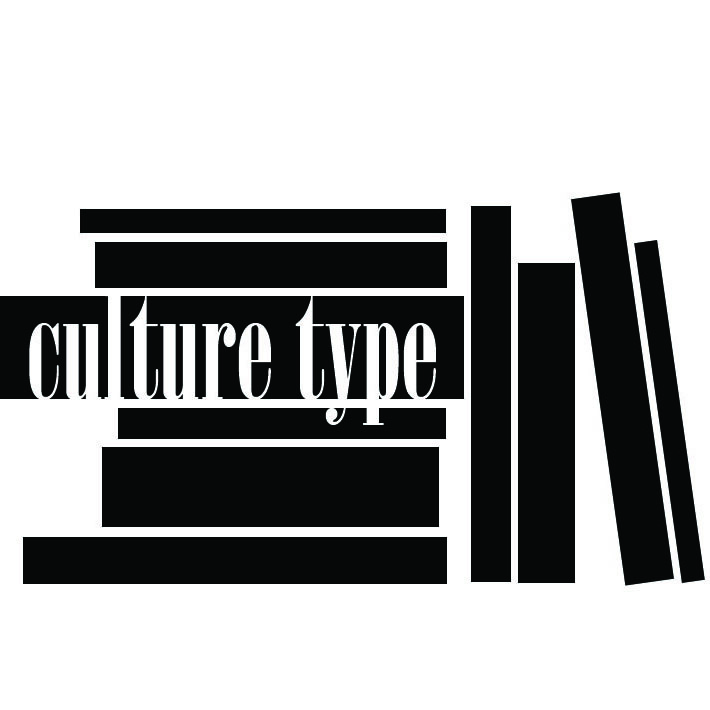RECOMMENDED FEATURES recently published content from around the web, recommendations from Culture Type worth taking the time to explore:
“Theaster Gates by Tom McDonough” | Bomb Magazine
Tom McDonough engages Chicago artist and urban visionary Theaster Gates in a conversation about the many activities that define his robust, less-than-a-decade old practice. McDonough, chair of the art history department at Binghamton University, asks whether the objects Gates makes “exist between anthropology and the avant-garde,” the meaning of “complicated equity,” the ways in which the viewer or audience experiences his work, and “How does the outside world shape a set of definitions for you and how do you negotiate them?” Gates admits he is uncertain of many things, because he is working in uncharted territory.
“There are moments where I’m not sure what I’m doing. Am I engaged in pseudo-master plans or pseudo-architecture? Or is this real city planning, because it doesn’t have the burden of a discipline, which entails the acceptance of hierarchies that may work against the communities that I’m interested in working with?” — Theaster Gates, Bomb magazine
“Braddock’s LaToya Ruby Frazier Takes on Levi’s and ‘ruin porn’ chic” by Carolina A. Miranda | Los Angeles Times
Carolina A. Miranda asks LaToya Ruby Frazier about the inspiration for her new book, “The Notion of Family,” which was a 12-year endeavor. Frazier, assistant professor of photography at the School of the Art Institute of Chicago, talks about the trio of artists who influenced her work early on when she was finding her voice—Larry Clark, Eugene Richards and Carrie Mae Weems—and the difference between “taking” and “making” pictures.
“Brooklyn’s Weeksville is Where Hipsters and History Co-Exist” by Ayana Byrd | Fast Company
Increasingly known for its foodies, entrepreneurship and rising real estate prices, Fast Company reports that “one of the most important things happening today in Brooklyn—on a few acres of land between the Bedford-Stuyvesant, Crown Heights, and Brownsville neighborhood borders—is not new, but as old as the 19th century.” Weeksville, a community founded by free African Americans in 1838, is steeped in history and its future rests on the success of a new multimillion dollar heritage center. CT
IMAGE: Still from “Theaster Gates: Dorchester Projects” by Smart Museum of Art.























